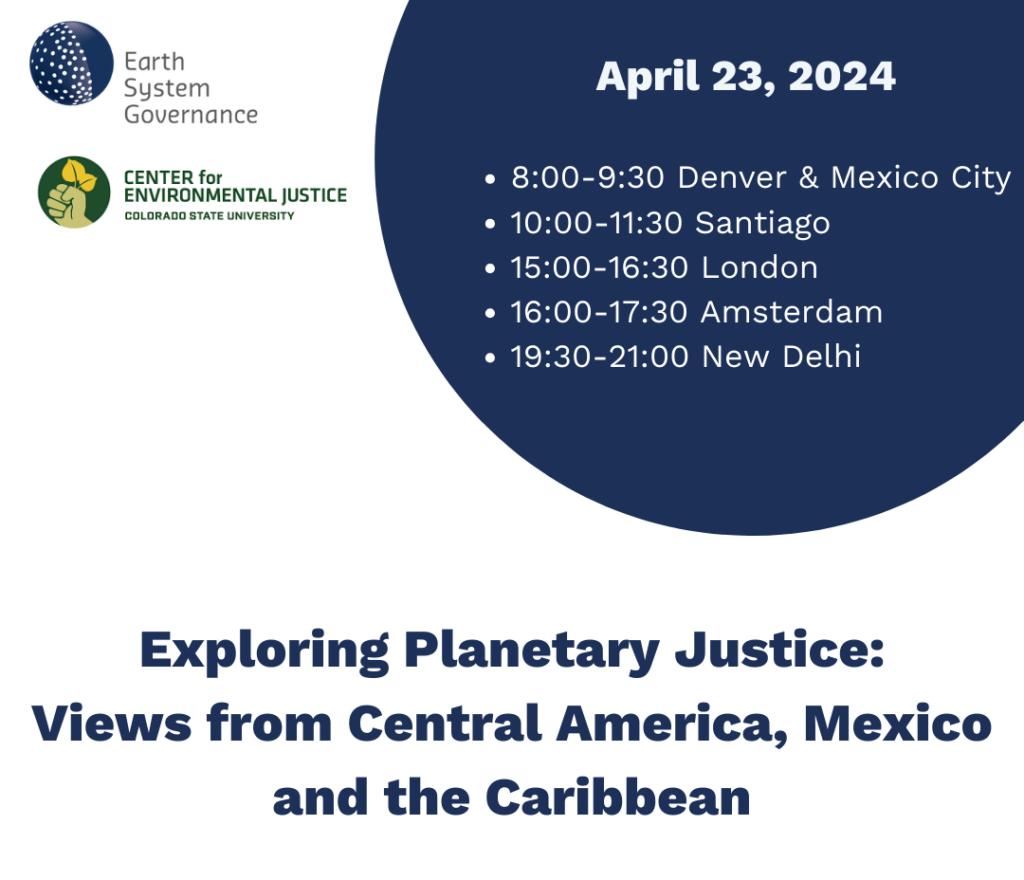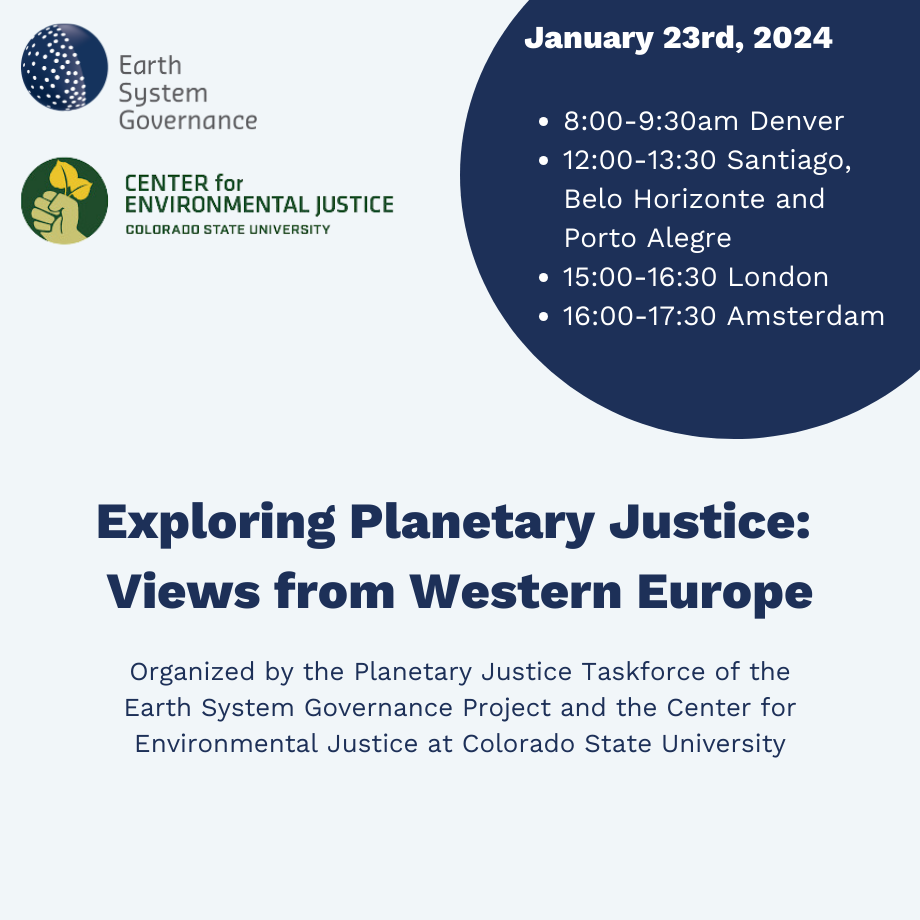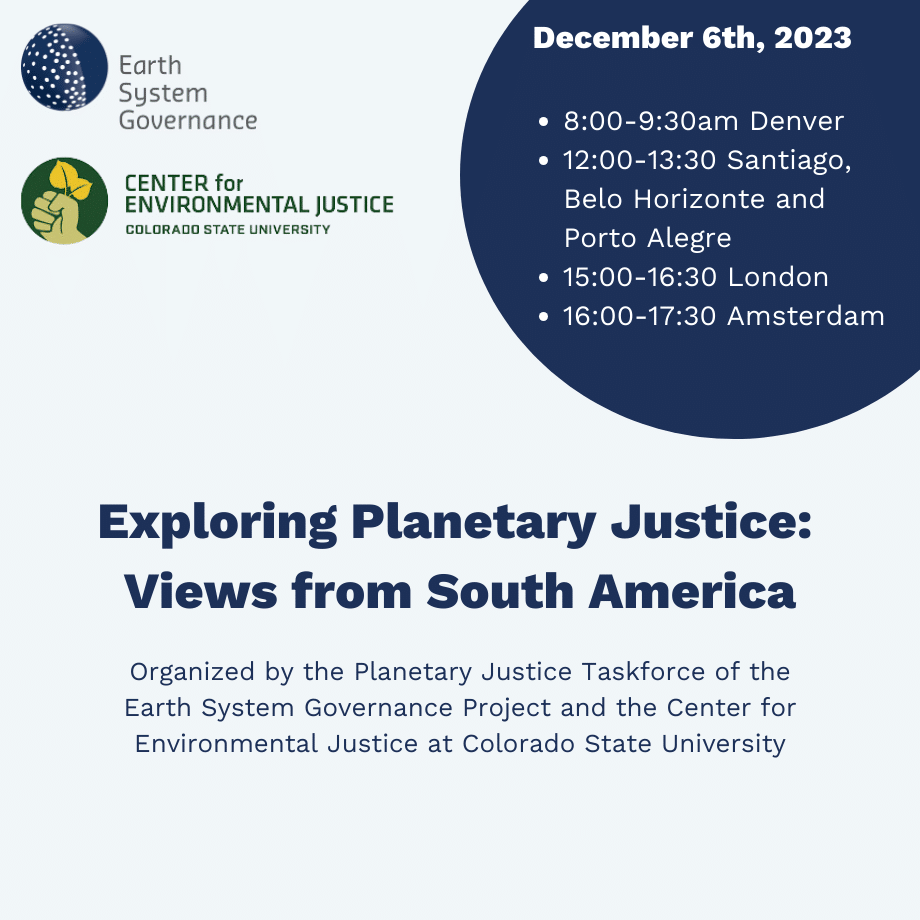A report of the workshop is available → here.
Workshop in brief:
The Fridtjof Nansen Institute (FNI, Lysaker, Norway) and the Institute for European Studies (IES, Vrije Universiteit Brussels, Belgium) invite applications for their workshop on “Access and Benefit Sharing (ABS) Governance after the Nagoya Protocol: Architecture and Actors” to be held September 26-27, 2011 at the FNI in Norway. The workshop is organized by the COST Action IS0802 “The Transformation of Global Environmental Governance: Risks and Opportunities”.
In October 2010, the Nagoya Protocol on Access to Genetic Resources and the Fair and Equitable Sharing of Benefits Arising from their Utilization was adopted during COP 10 to the Convention on Biological Diversity (CBD). After the failure of the Copenhagen Climate Summit in December 2009, the Nagoya Protocol was considered a major achievement of global environmental governance. At the same time, the Protocol has been coined a ‘masterpiece of ambiguity’ and leaves a high level of flexibility to, as well as a high potential for further disagreement between countries in its implementation so that its effectiveness in addressing and resolving the ABS issue cannot be taken for granted.
For the Nagoya Protocol to be effective, it will need to address successfully a number of issues that have plagued ABS governance from its inception – the intricacies of some of which have even grown since then. The first hurdle to take is to achieve actual entry into force of the Protocol. Perhaps more importantly, a number of the Protocol’s key provisions will need to be developed further and implemented. In this respect, it is worth highlighting that the Nagoya Protocol enters a densely populated institutional environment. A large number of other international treaties and fora regulate or otherwise affect ABS governance, including the WTO, the WHO, the FAO and others. This international legal and institutional complexity is mirrored at the national level, where the demand for coordination and integration between sector ministries is high. At the same time, biotechnological research and development that are at the heart of ABS governance are increasingly undertaken in a globalised manner or by multinational corporations (MNC), giving rise to a “global bioeconomy”. Overall, ABS governance faces the challenge of balancing several objectives, including innovation, conservation of biological diversity, food security and poverty alleviation.
Against this background, the workshop is intended to take stock of international ABS governance by focusing on the two core themes of “architecture” and “actors”. “Architecture” is understood as the total of the main elements of the overall ABS governance system and their interrelation, taking account of the international, regional, national, and local levels. The theme of “actors” aims to shed further light on the role of key governmental and non-state actors in rule making and implementation. We invite contributions on any issues that fit the workshop themes of “architecture” and “actors”, with the following issues intended as purely illustrative, not excluding the discussions of other relevant topics:
ABS governance architecture:
- Central aspects of the Nagoya Protocol (e.g. central concepts such as genetic resources, utilization, access, benefit sharing, traditional knowledge, etc.; financial mechanisms, compliance mechanisms);
- The institutional complex of international ABS governance: evolving structure and division of labour between different international institutions (conflict, synergy?); what is new after Nagoya?
- The one-size-fits-all problem: sector diversity (agriculture, aquaculture, pharmacy, …) and how to deal with it;
- ABS as an international financial mechanism among others: how does the Nagoya Protocol’s ABS system compare with and relate to other international systems of financial transfers such as the Global Environment Facility (GEF), the evolving mechanism on the reduction of greenhouse gas emissions from deforestation and forest degradation in developing countries under the climate change regime (REDD) or concepts related to financial payments for ecosystem services?
- Science-policy interface (e.g. what role for the emerging Intergovernmental Platform on Biodiversity and Ecosystem Services (IPBES)?);
Key actors in ABS governance:
- Contributions could explore the role of a variety of actors, including the EU, the BRIC countries (including Brazil), the African countries, Asian countries, GRULAC/Latin America, the US, multinational corporations, civil-society actors, indigenous NGOs, etc.
- Contributions could focus on the role of these actors in/for the international negotiations or in the implementation of international rules (in the case of non-state actors: as filtered through national legal systems), including in relation to the aforementioned (or other) central issues of ABS governance architecture.
We plan for 10-12 papers to be chosen for in-depth discussion at the workshop, each receiving detailed feedback by a discussant and all participants. The conference organisers convene this workshop with a view to exploring the potential for developing a set of the workshop contributions into a high-level international publication (edited volume or special issue of a suitable journal).
To submit a proposal, please send an abstract (max. 500 words), a short biographical note and full contact information to both Kristin Rosendal (kristin.rosendal[at]fni.no) and Sebastian Oberthür (sebastian.oberthuer[at]vub.ac.be) before May 21, 2011. Authors will be informed of the outcomes of the review process by June 10, 2011. Selected candidates are expected to send a complete version of their papers (6.000-10.000 words) by August 31, 2011 at the latest. Those authors interested in joining the envisaged publication will be expected to provide final revised drafts of their contributions, based on the feedback they receive at the workshop, by December 15, 2011.
Participants from countries that are members of the COST Action will receive reimbursement of costs for travel and accommodation in accordance with applicable COST rules. For more information, go to http://www.transformation-geg.org/ or contact Ms Eleni Dellas (eleni.dellas[at]ivm.vu.nl).
Workshop Organisers:
Kristin Rosendal, Fridtjof Nansen Institute, kristin.rosendal[at]fni.no
Sebastian Oberthür, Institute for European Studies, sebastian.oberthuer[at]vub.ac.be



